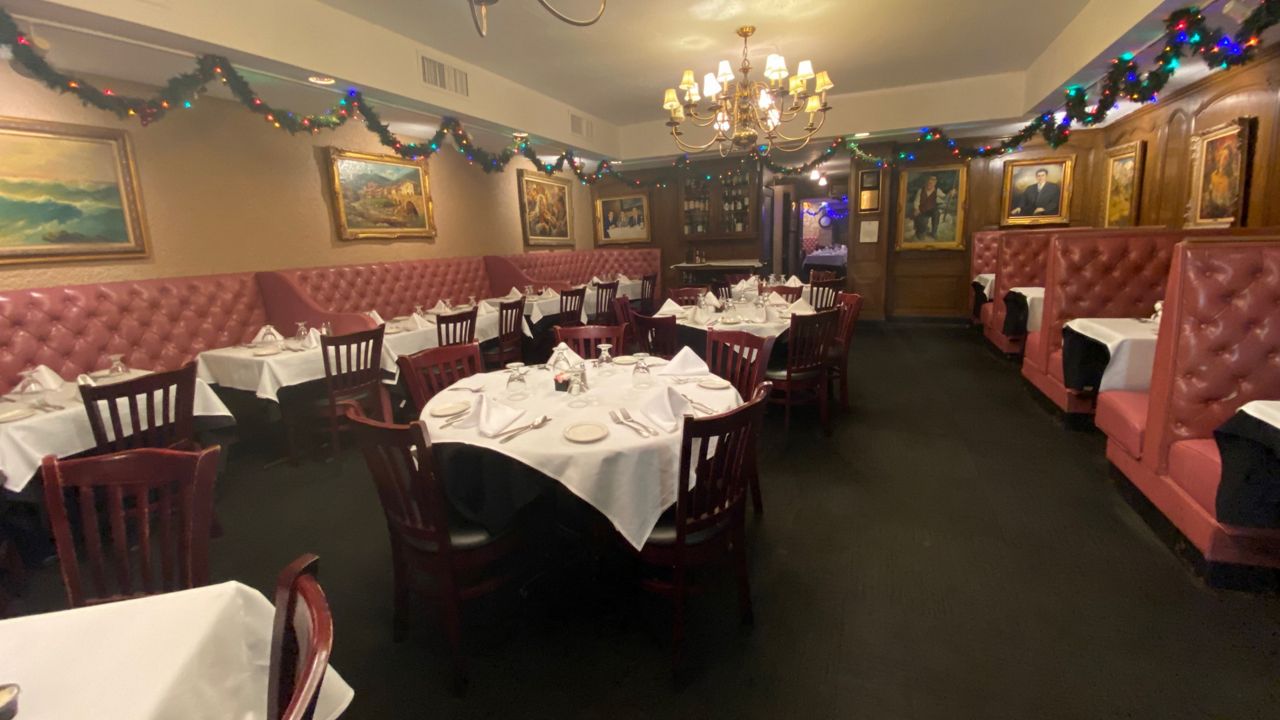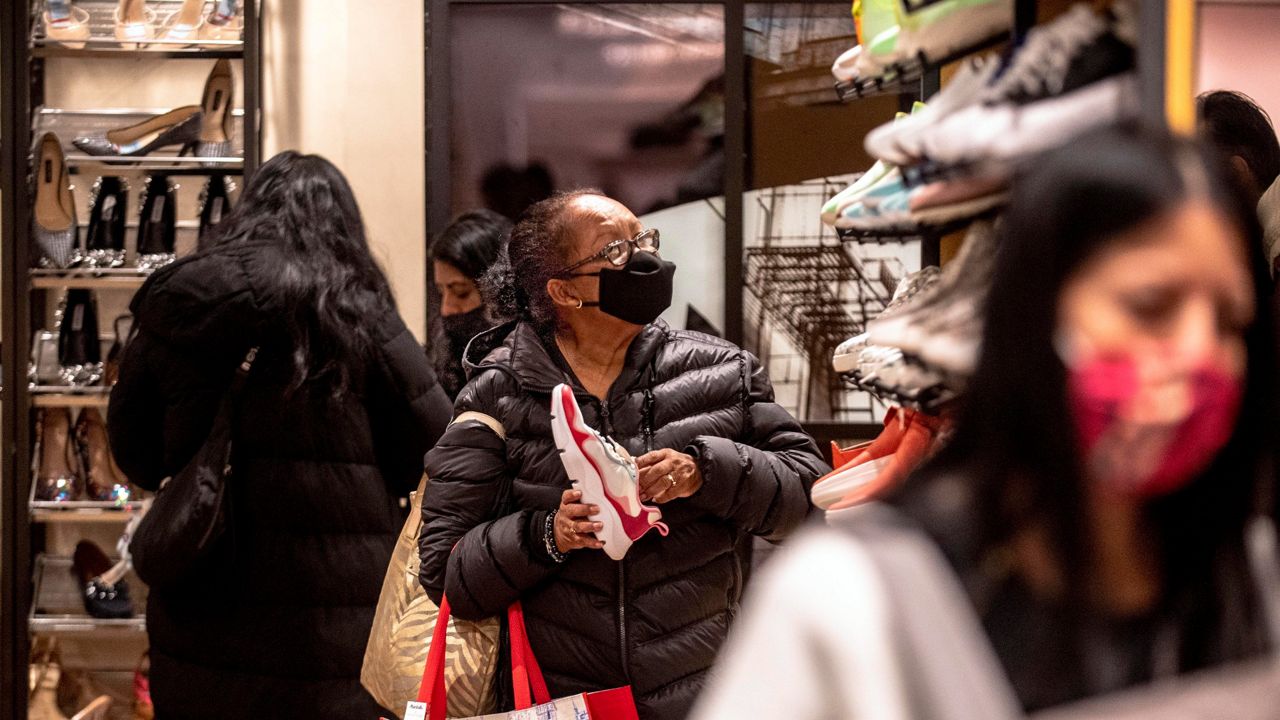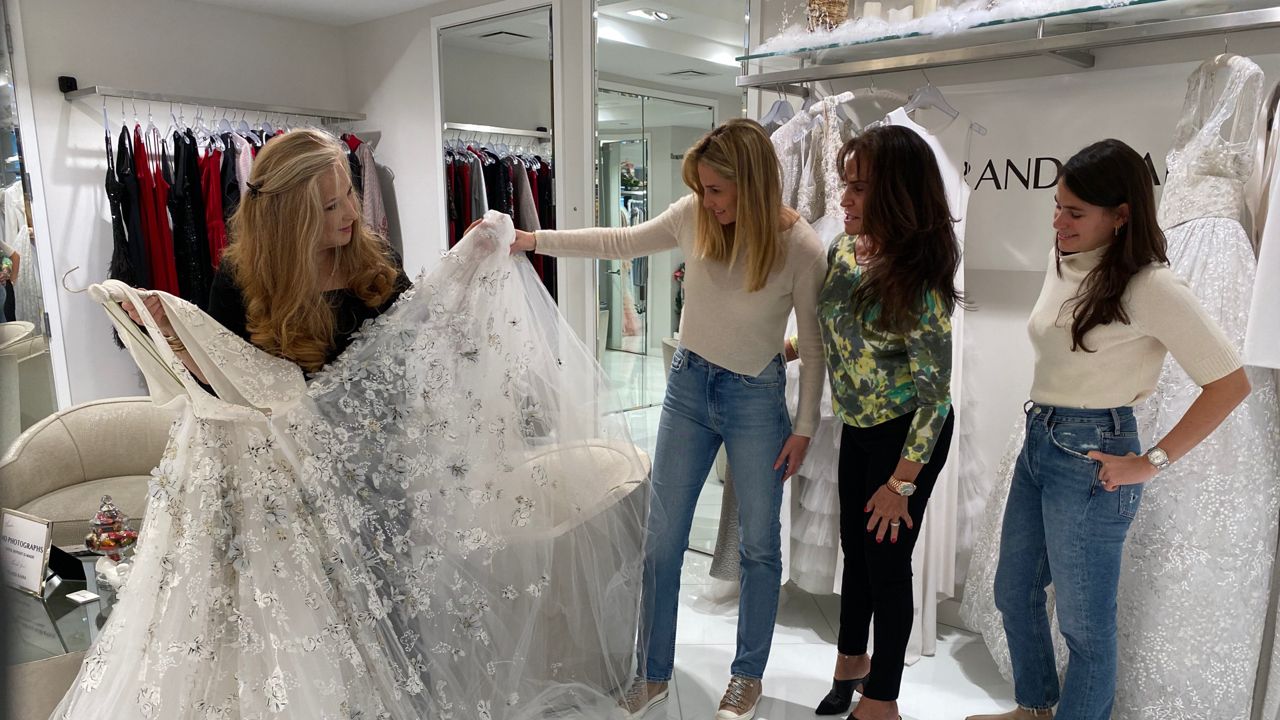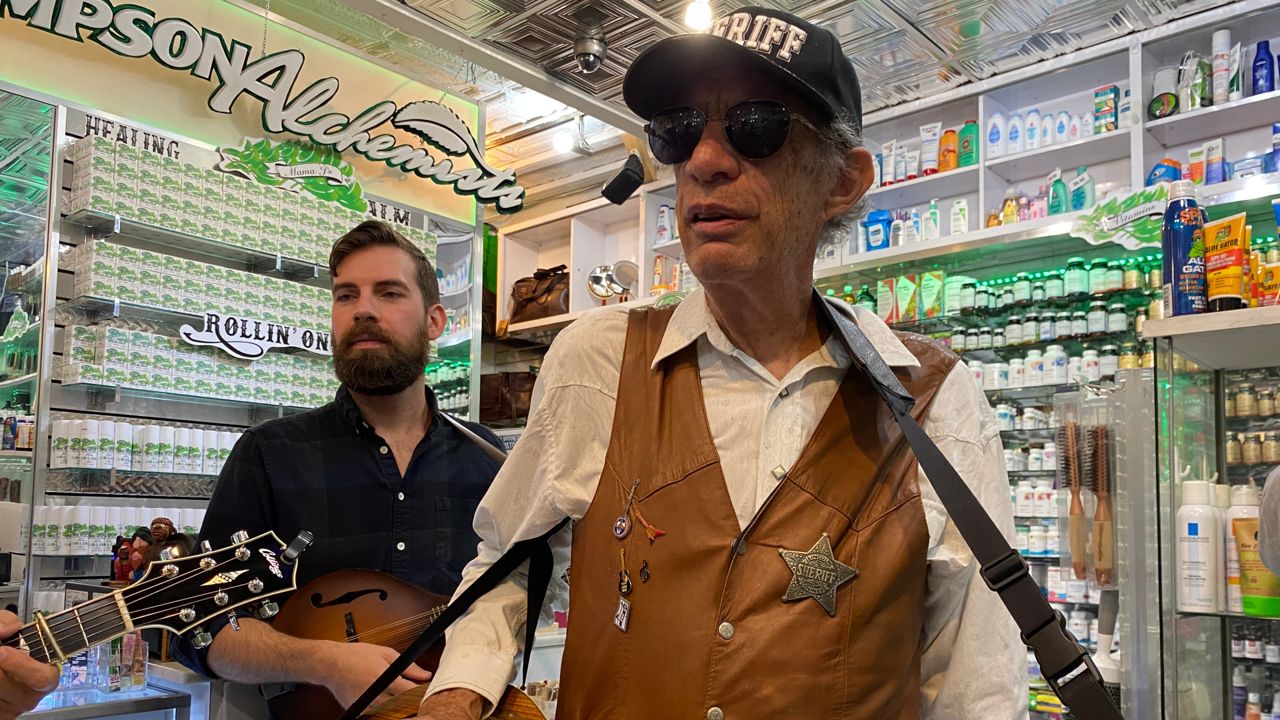A heaping pile of clothes on the floor brought Isabel Varela back to a painful time in her life.
They were all items she bought when she was spending more than she could afford.
"Whenever I would wear something wild, I would get that instant gratification of, ‘Oh, Isabel, that's cool,’ or, ‘Isabel what are you wearing?’” Varela said.
The clothes and shoes racked up $100,000 worth of debt. She did her shopping online and in person; however, for Varela, the issue was about more than money.
"I was going shopping because I was angry. I was lonely because I was bored, broke up with my boyfriend," Varela said.
Varela is an extreme example of overspending. Yet Americans' buying habits changed during in the pandemic. A McKinsey survey found a 30% increase in people shopping online.
Dr. Jessica Stern, a clinical psychologist at NYU Langone Health, said there is an emotional connection sometimes when spending money, especially as people's lives were upended due to the coronavirus.
"The spending is related to stress they are having, anxiety or sadness or loneliness,” Stern said. “These emotional experiences people are having that are uncomfortable are leading them to fill a void that is sometimes filled by shopping."
Dr. Stern advises her patients to think more about why they're shopping.
"Start to track your internal experience with what you are finding your spending habits are," Stern said.
"The truth was I had not paid my bills, my rent, my utilities in three months," Varela said.
That experience alerted Varela to face her relationship to shopping and focus on paying down her debt over seven years.
"How I paid it off: I had so many side hustles, and I started selling my clothes," Varela said. "I stopped shopping completely for two years."
Now, she talks openly about her struggle, helping others get a grasp of their own spending.
Her advice: "Track how much you are spending each month and why you are spending. Start noticing your behaviors," Varela said.









